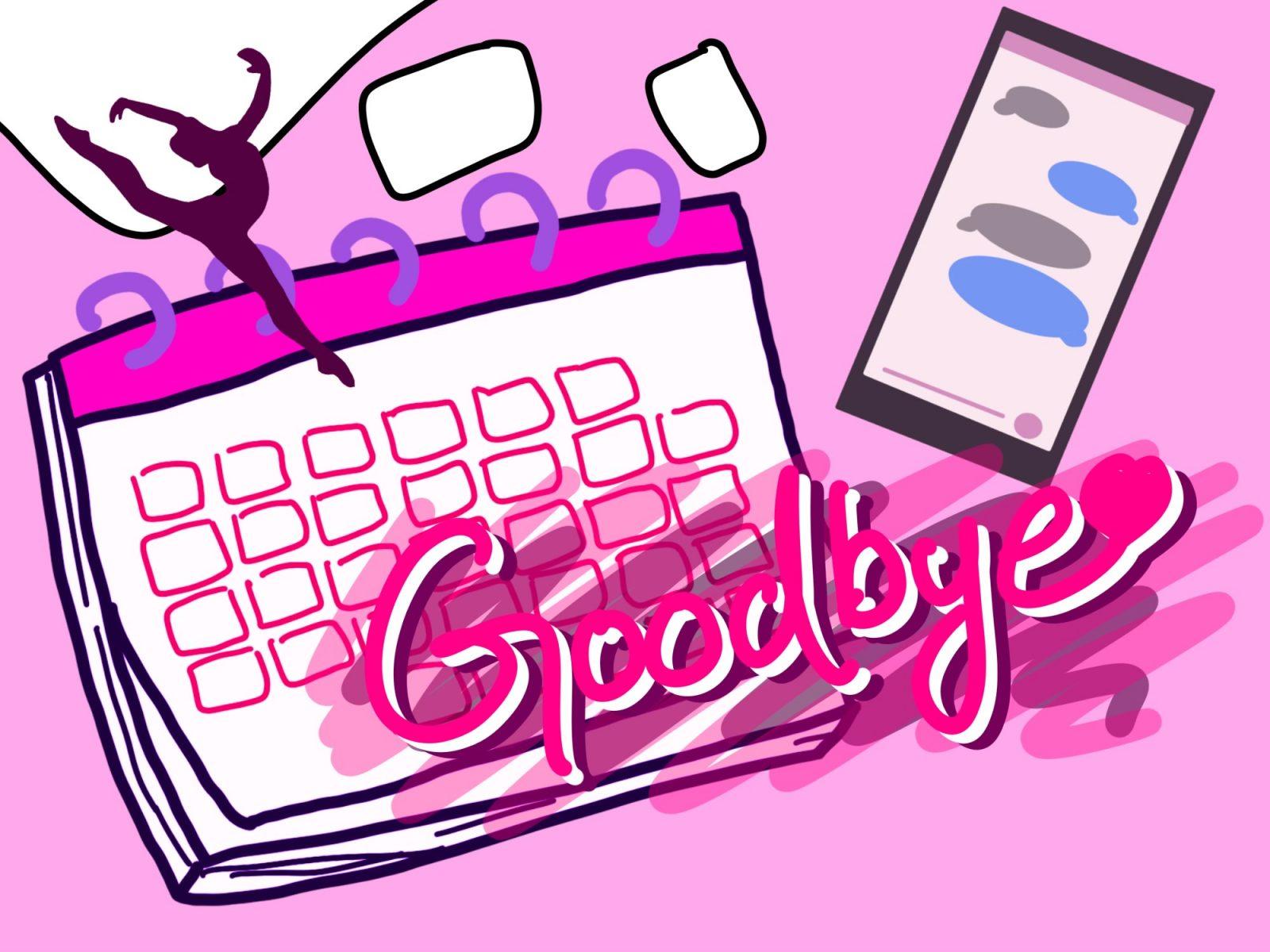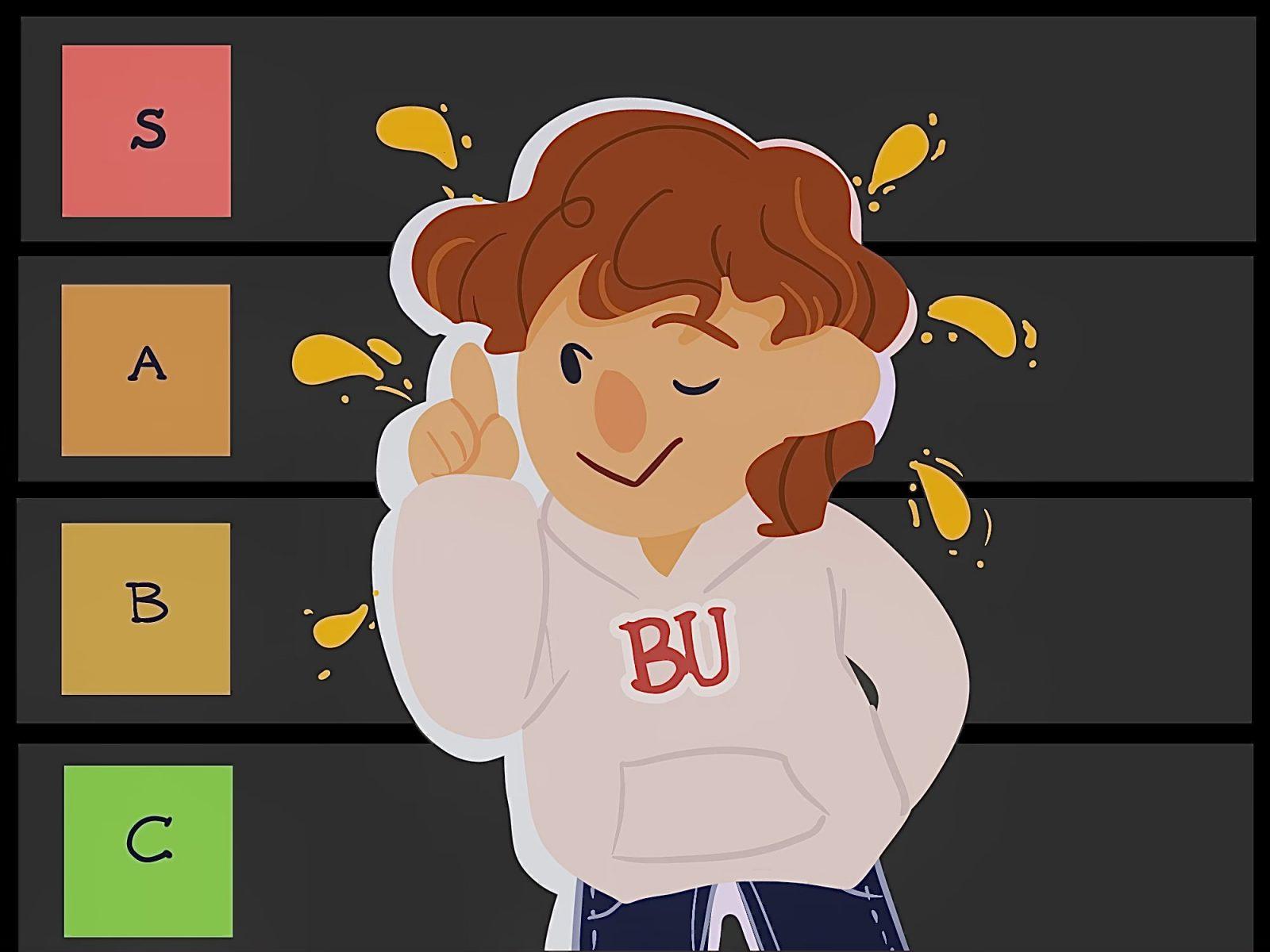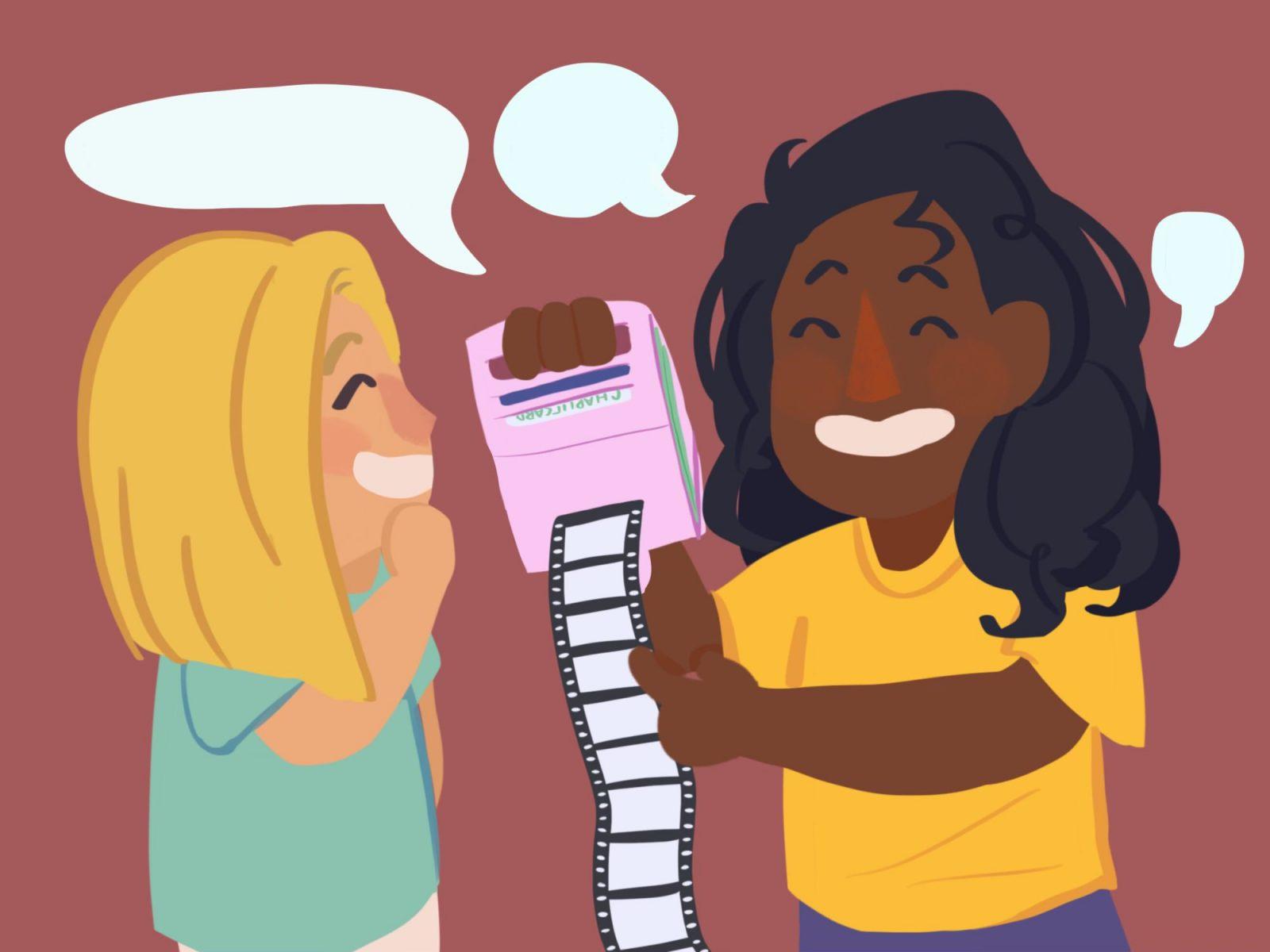Since I arrived at BU during my Fall semester of sophomore year, I have discovered the tantalizing activity of napping.
Most mornings I wake up for 8 a.m. or 9 a.m. classes, trudging through afternoons of work and studying while trying to find time to do laundry, chores and eat.
But when I nap, the stress and bustle of my daily routine temporarily ceases as my head falls into my fluffy, warm pillow. My legs tucked into my sheets trap me in my bed, rendering me unable to study.
My naps tend to be at least an hour long, sometimes lasting three hours — perhaps that’s moving into the “plain old sleep” category.
If my calculus problem set gets pushed until the last minute, don’t blame me. It’s my bed’s fault, I swear.
During one unfortunate incident, I set an alarm for a one-hour nap. Except I overslept. And I missed a Zoom meeting with my professor.
My bad napping habits include sleeping too late, sleeping in between important events and sleeping too long.
Although a nap feels amazing at the time, I can’t help but wonder if these midday reprieves are inhibiting my workflow.

Naps lasting longer than 30 minutes are considered long naps, putting the body into a deep sleep, according to Sleep Foundation, a non-profit organization focused on sleep information.
Surprisingly, a longer nap may not equal a better nap. According to WebMD, frequent long naps have been linked to diabetes and heart disease.
Long naps can result in sleep inertia — the feeling of drowsiness when you wake up — and a loss of productivity, according to Sleep.org.
I realized I have been falling victim to sleep inertia — feeling groggy, slow and more tired than before the nap. I would always feel like I didn’t sleep enough, discouraging me from continuing my work.
If I continue napping the way I do now, it may disrupt my life more than help it.
On the bright side, a well-timed nap may be the solution I need during these long workdays.
The ideal nap is a “power nap” that is 10 to 20 minutes long, just enough to produce any benefits and just shy of deep sleep.
The benefits of napping include a better immune system, a lower risk of cardiovascular disease risk, increased work performance, less stress and better memory, according to Sleep.org.
Having an alarm — that actually wakes you up — and sleeping before the midpoint of your day is key to reaping the wonderful benefits of a nap.
For most people, a short nap can provide a boost of energy. However, if you already have enough energy for the day after a good night’s sleep, a nap usually isn’t necessary.
For the rest of us, an appropriate nap can help us feel awake and re-energize us for the remainder of the day.
Although I will continue taking naps, some of which will bleed into the first or second hour, I am more cognizant of the dangers of frequent and long naps.
I am proud to say I started this week off without taking a nap. While I am working to improve my napping habits, I will be cranking out assignments before finals. The naps can wait.






















































































































